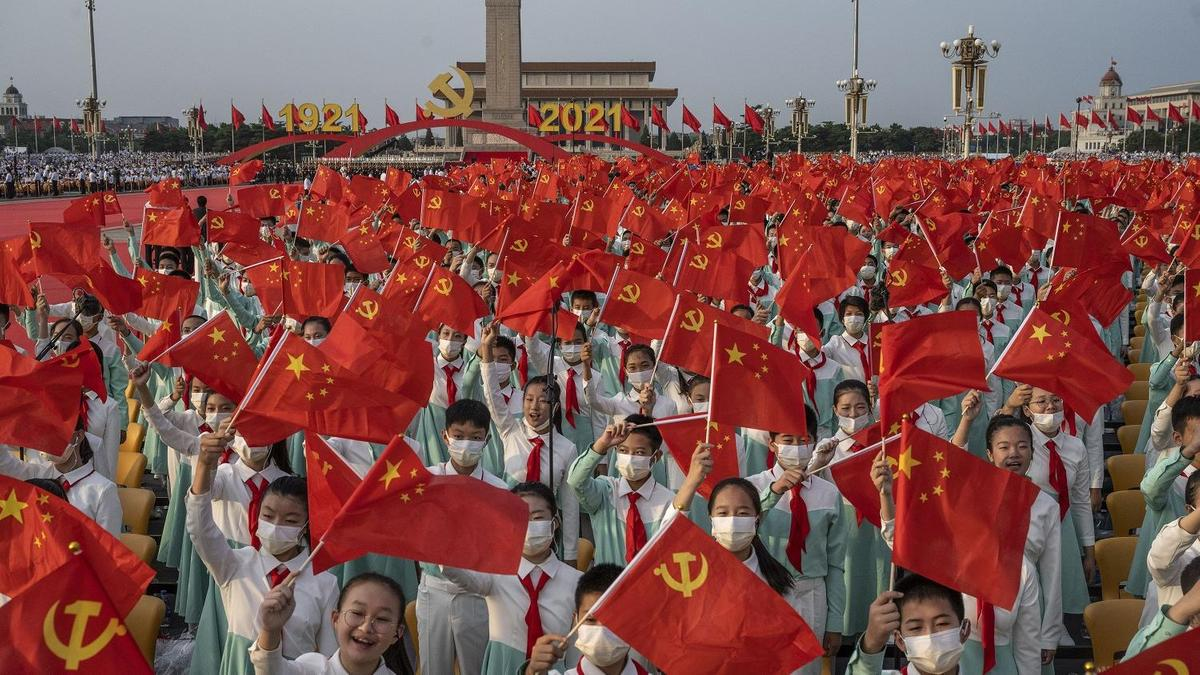As China celebrates its 75th anniversary, the mood across the country remains somber despite a sudden stock market surge. Over the past year, China’s economy has faced persistent challenges: rising unemployment among youth, salary cuts, a shrinking middle-class, and a collapsing housing market. Many fear the country may be entering its own “garbage time of history,” a reference to a basketball game’s unwinnable final moments. This pessimism starkly contrasts with the optimism from just five years ago, when many expected China to soon surpass the U.S. as the world’s largest economy.
In an effort to regain momentum, Chinese leader Xi Jinping has recently approved stimulus measures aimed at reviving the economy. The government announced cash handouts, employment subsidies, and measures to encourage lending, resulting in a stock market surge. Yet, experts caution that these short-term measures are insufficient to address the country’s deeper structural problems, including its reliance on an investment-led growth model, an oversaturated housing market, and a shrinking workforce.
The housing market, which accounts for 70% of household wealth, has been particularly devastating. Despite easing restrictions on home purchases, property prices continue to fall, leaving many households with significant losses. Adding to the challenges, China’s population has been shrinking for two years, further dampening demand in the real estate sector.
China’s youth are especially disillusioned, with buzzwords like “lying flat” and “letting it rot” reflecting growing resistance to societal pressures. Youth unemployment hit a record 18.8%, and many young people see limited prospects for upward mobility. This presents a challenge for the Communist Party, which has long relied on economic growth for its legitimacy.
Despite these hurdles, China’s stock market is experiencing a sudden rebound. However, analysts warn that the real economy remains fragile. Stimulating the stock market may temporarily boost sentiment, but fundamental reforms, including more robust social welfare and efforts to shift toward a consumption-led economy, are necessary to sustain long-term growth.















